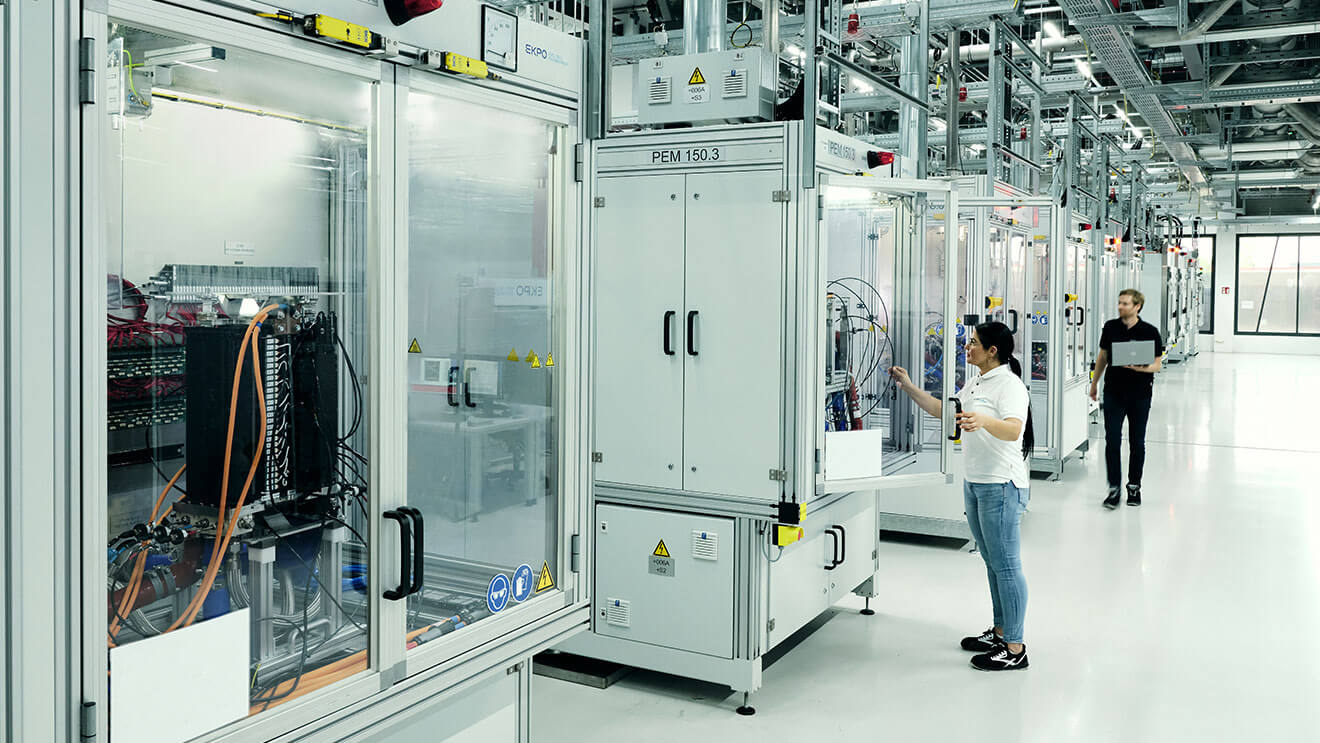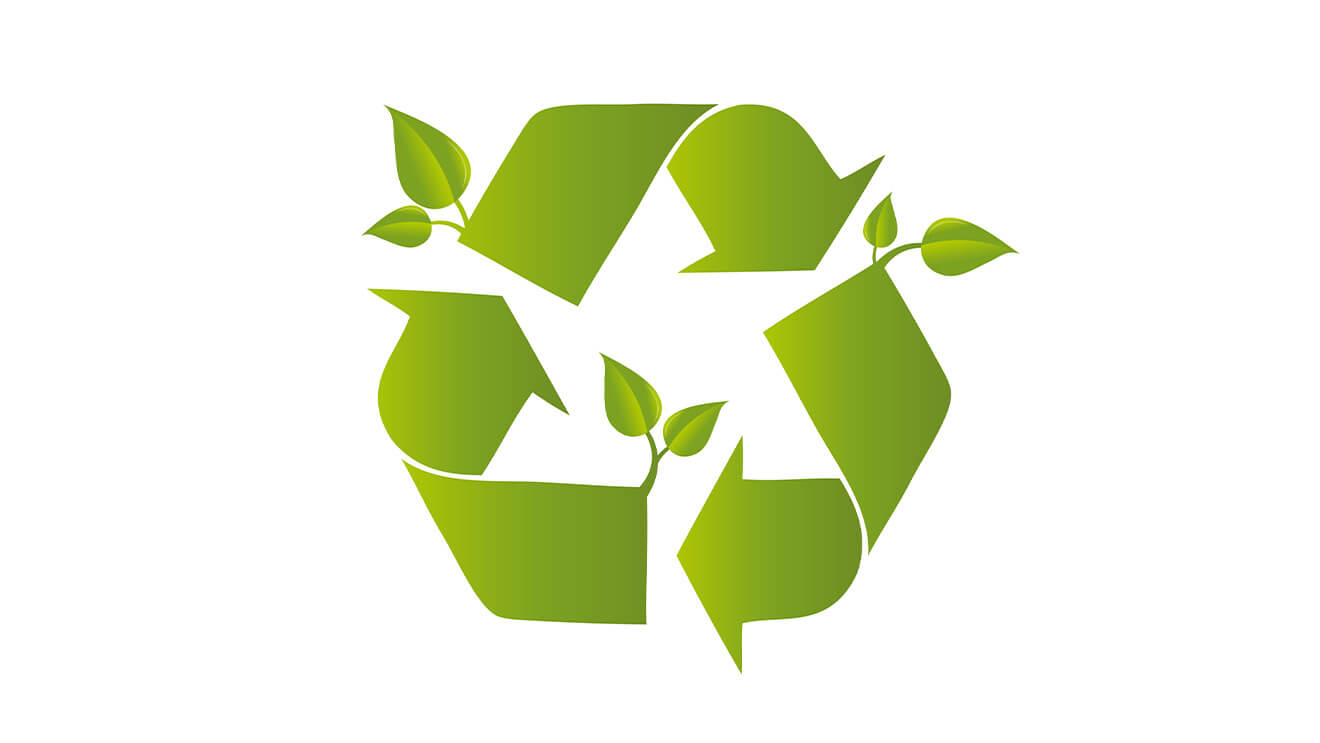Suppliers
![[Translate to English:] Nachhaltiges Lieferantenmanagement [Translate to English:] Nachhaltiges Lieferantenmanagement](/fileadmin/data/images/04-nachhaltigkeit/lieferanten/elringklinger-lieferanten-nachhaltiges-lieferantenmanagement-1320x880.jpg)
Sustainable supplier management
As a globally active company, the ElringKlinger Group assumes responsibility for the protection of human rights and compliance with environmental standards throughout its supply chain. ElringKlinger sees a common understanding of ethical and sustainable conduct as an essential basis for its business relationships. For this reason, the ElringKlinger Group has developed a "Code of Conduct for Suppliers" that formulates expectations of its suppliers' conduct with regard to human rights, fair working conditions, environmental concerns, and corruption.
Suppliers who work for ElringKlinger in both the automotive and non-automotive sectors are committed to complying with the "Code of Conduct for Suppliers" as part of the individual project.
Code of conduct for suppliers
Respect for human rights in supply chains
CO2 neutrality
Dissemination of information in the international material data system
Conflict minerals
Purchasing program
Terms and conditions of purchase
Supplier Manual
Packaging recycling









